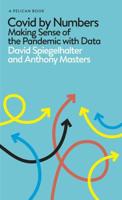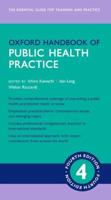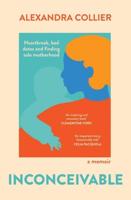Publisher's Synopsis
A riveting personal tale of the rise of public health.
There are occasions when a story told from a personal viewpoint can illuminate a profession. Alfred Sommer's epidemiological memoir is such a book. Adventurous, illuminating, and thought provoking, Ten Lessons in Public Health is more than the story of one man's work. It tells the tale of how epidemiology grew into global health. The book is organized around ten lessons Sommer learned as his career took him around the world, and within these lessons he explains how the modern era of public health research was born.
Three themes emerge from Sommer's story: the duty to help your fellow human beings by traveling to places where there are problems; the knowledge that data-driven research is the key to improving public health; and the need to persevere with sensitivity and strength when science and cultural or sociological forces clash. Nothing in this compelling, sometimes controversial, history is glossed over, as the book's goal is to explain when and why public health efforts triumph or fail. Readers will travel to Bangladesh, Iran, Indonesia, South America, and the Caribbean, where they will learn about spreading epidemics, the aftermath of storms, and vexing epidemiological problems. Sommer reveals the inner politics of world health decisions and how difficult it can be to garner support for new solutions.
Triumph, tragedy, frustration, and elation await those who set off on careers in public health, and Ten Lessons in Public Health is destined to become a classic book that puts the field into perspective.












